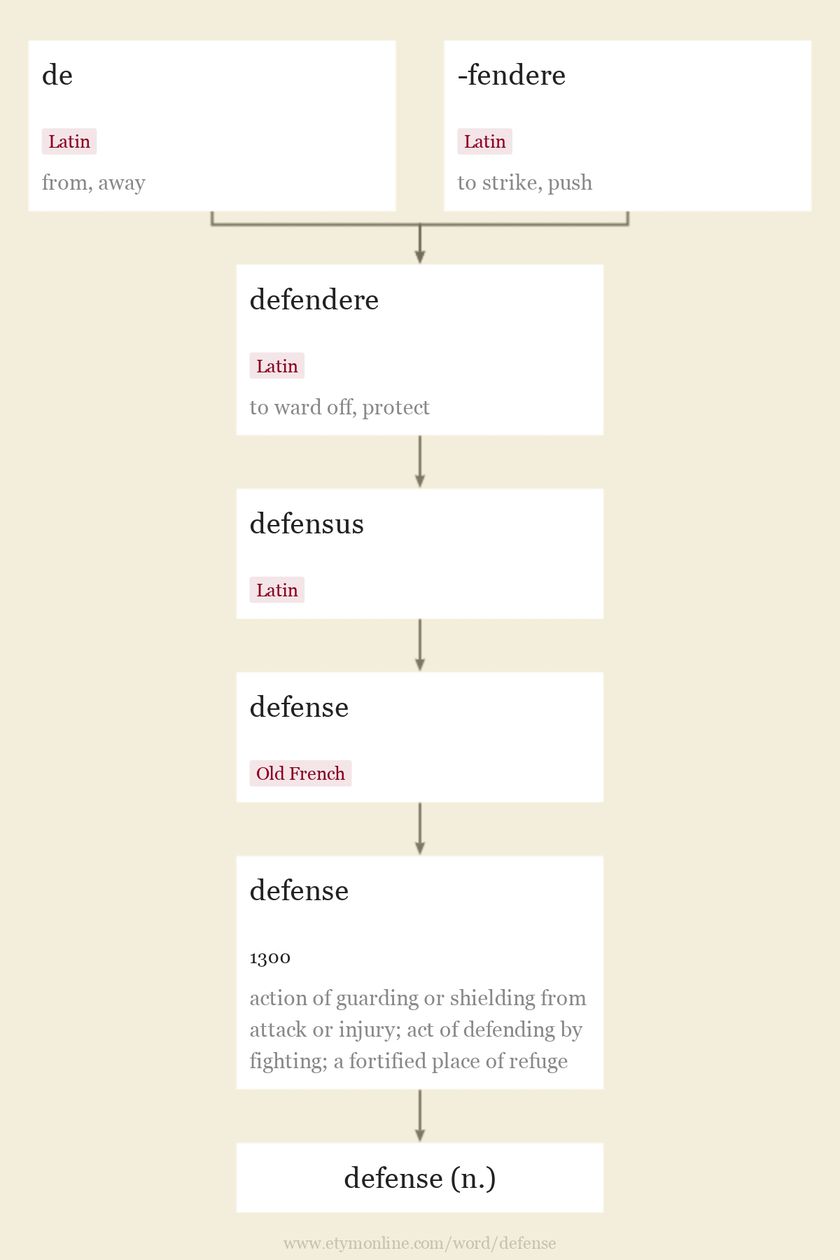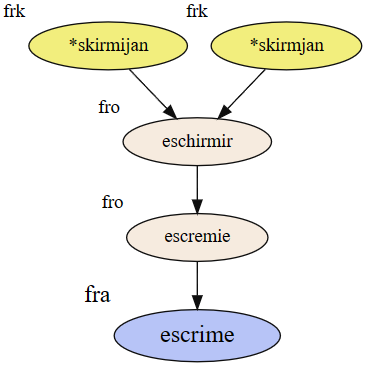this post was submitted on 01 Apr 2025
31 points (100.0% liked)
Linguistics
798 readers
43 users here now
Welcome to the community about the science of human Language!
Everyone is welcome here: from laypeople to professionals, Historical linguists to discourse analysts, structuralists to generativists.
Rules:
- Instance rules apply.
- Be reasonable, constructive, and conductive to discussion.
- Stay on-topic, specially for more divisive subjects. And avoid unnecessary mentioning topics and individuals prone to derail the discussion.
- Post sources when reasonable to do so. And when sharing links to paywalled content, provide either a short summary of the content or a freely accessible archive link.
- Avoid crack theories and pseudoscientific claims.
- Have fun!
Related communities:
- !linguistics_humor@sh.itjust.works
- !languagelearning@sopuli.xyz
- !conlangs@mander.xyz
- !esperanto@sopuli.xyz
- !japaneselanguage@sopuli.xyz
- !latin@lemm.ee
founded 1 year ago
MODERATORS
you are viewing a single comment's thread
view the rest of the comments
view the rest of the comments


Neat.
Is there a connection of the Frankish (or Latin) to PIE?
There's always a connection to PIE (or seems to be). I'm curious if both words connect there somehow.
Escrime seems to trace itself back to PIE *sker- (1) "to cut." Fence goes back to *gwhen- "to strike, kill".
So no, no relation.
Yes, exact placement of sub families (and existence of italo-celtic) are debated, but it is definitely part of PIE
Edit: as for these two words, they are reconstructed as coming from different roots, skirmjam from *(s)ker. (Meaning to cut, Shear in modern English), and fendere from *bʰeyd (meaning to split, bunch of words in modern English)